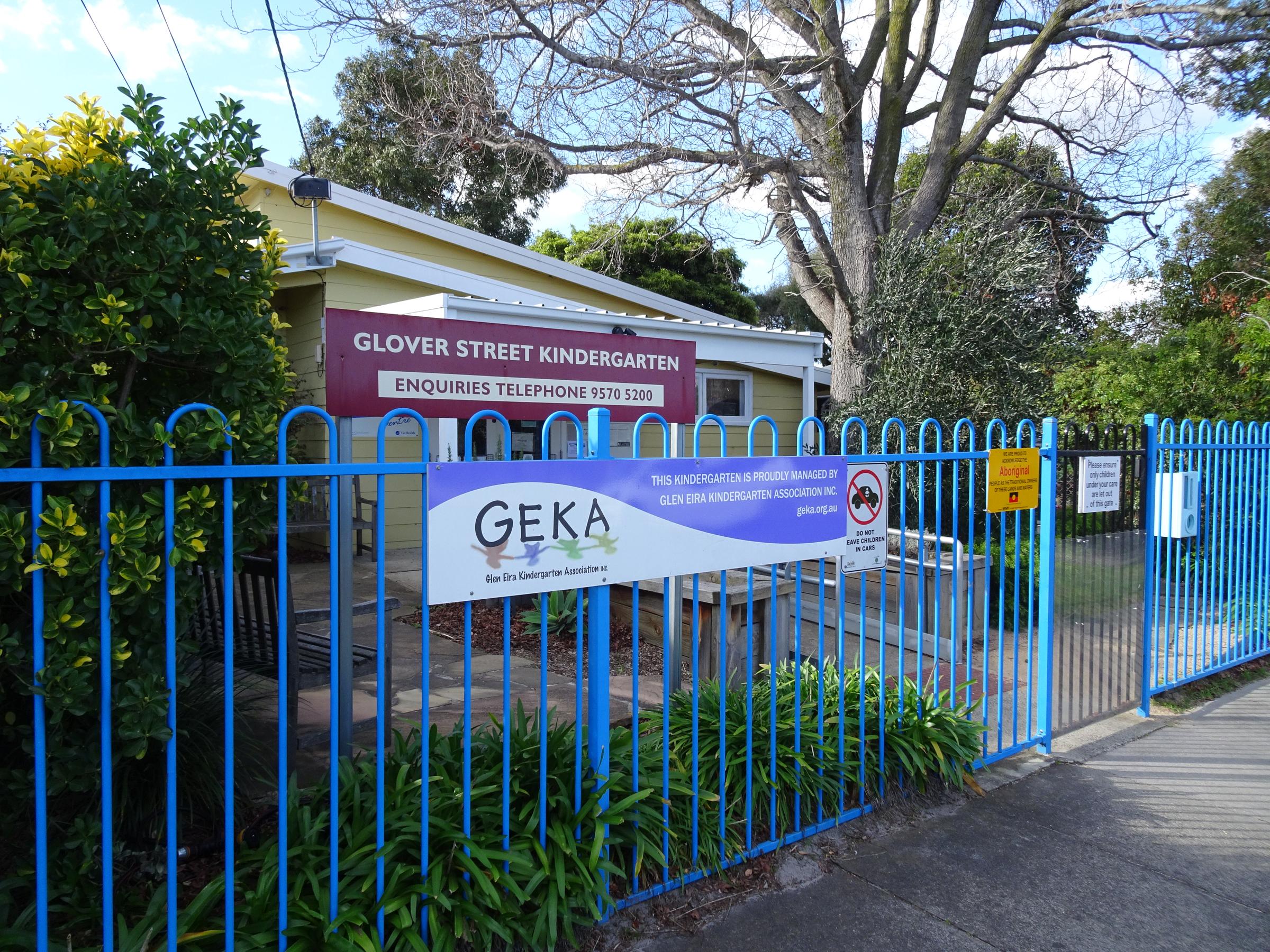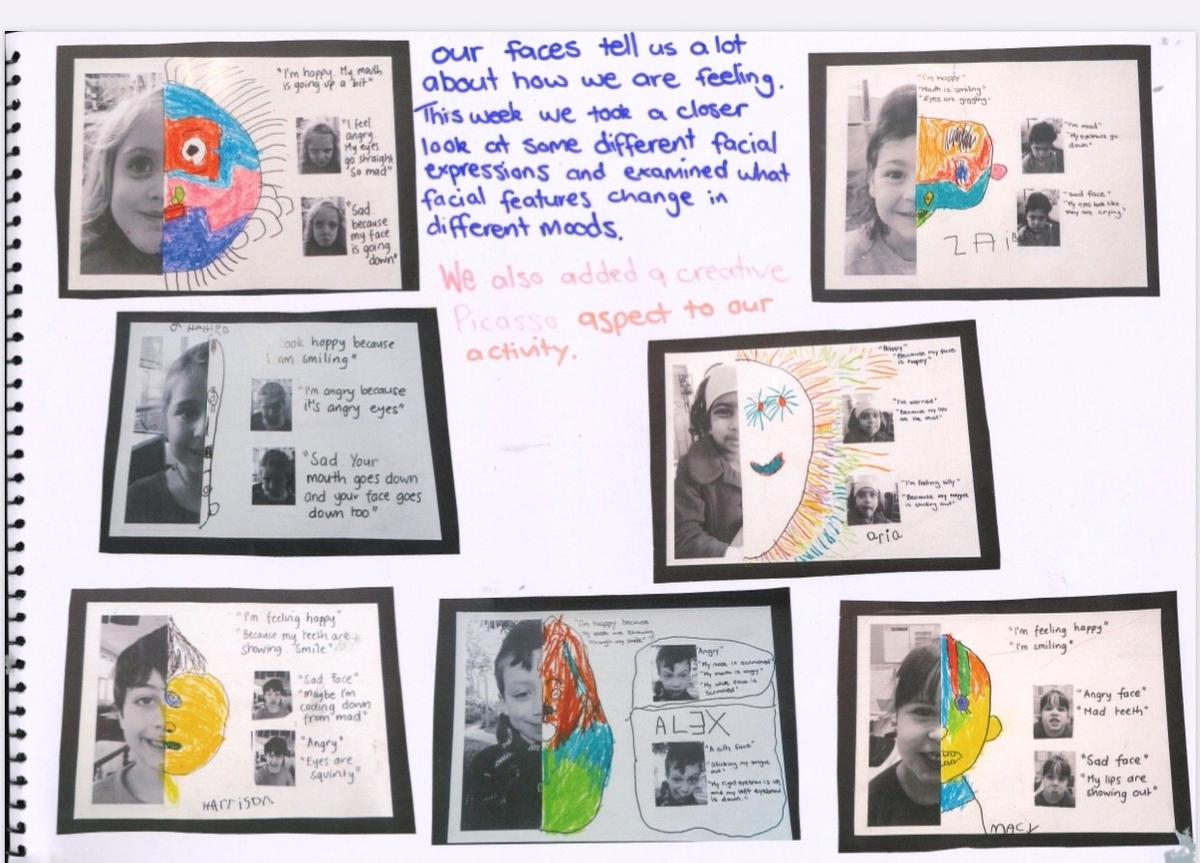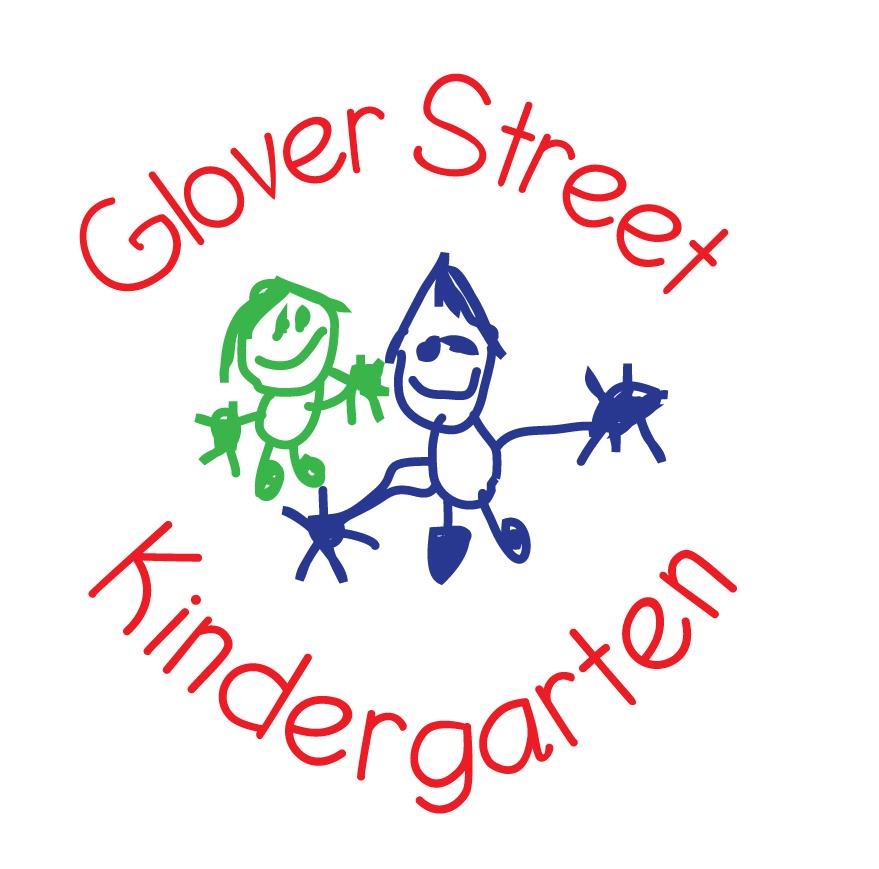GEKA Glover Street

THE RESILIENCE PROJECT AT GEKA GLOVER STREET KINDERGARTEN
As term three comes to an end we firstly want to say a huge thank you to our GEKA Glover Street Kindergarten community! We know firsthand, as educators but also as parents ourselves, that we are living in very challenging times. We also know we are very lucky to have such a supportive parent and carer group and your support and well wishes have certainly helped us through as we also navigate work, family and remote learning during increased restrictions.
COVID has taken a lot of things from us. In person time that is so important to us with family, friends and work colleagues, cancellation of holidays and other important events, we can’t even take our children to a playground … all heaped on top of stresses about work, finances and relationships within your home. You’re allowed to feel let down, deflated, sad and angry. These feelings are completely ‘normal’ in a very ‘not normal’ situation. So how do we support our children to not only cope but to thrive, particularly in difficult times?
When we first began to look into partnering with The Resilience Project as part of our School Readiness Funding at GEKA late last year, what really resonated with me was the question ‘what can you do from a young age that builds positive mental health and happiness?' After all, as parents we all want the same thing … for our kids to be happy.
“Happiness is like anything in life. If you want to be good at it, you can’t just hope that it happens. You’ve got to practice it”
Hugh van Cuylenburg (founder of The Resilience Project)
So began our journey with The Resilience Project across all GEKA kindergartens, reaching more than 1,000 children and families. The Resilience Project provides positive mental health strategies focused on the three key strategies of Gratitude, Empathy and Mindfulness (GEM), coupled with Emotional Literacy.
We listened to Hugh and his team speak about GEM and the importance of practicing simple strategies in your family, particularly in COVID times. We also asked the children in the Echidna Group what these words meant to them:
GRATITUDE - https://theresilienceproject.com.au/at-home/learning/gratitude/
“I’m lucky you’re my teacher” – Masie
“Today I really liked jumping on the trampoline” – Harrison H
“I love my mum because she gives me cuddles” Paige
EMPATHY - https://theresilienceproject.com.au/at-home/learning/empathy/
“Are you ok?” – Hunter
“You make sure your friend is not hurt” – Benny
“You say sorry” – Lani
“I think she feels sad because she misses her mum” - Rayha
MINDFULNESS - https://theresilienceproject.com.au/at-home/learning/mindfulness/
“It’s when you close your eyes” – Shahira
“You listen” – Zain
“You take breaths and you feel calm” – Susan
“It tastes really yummy” – Harriet (mindful eating)
EMOTIONAL LITERACY - https://theresilienceproject.com.au/at-home/learning/emotional-literacy/
“When you say you’re mad and you don’t hit someone” – Will
“I feel frustrated and I don’t like it” – Alexander
“I feel loved” – Ella. We are also learning the Auslan signs for different emotions.
Each morning the children in the Echidna group ‘check in’ and we ask “how are you feeling?” – they find their photo and place it on the feelings board which helps to build their emotional literacy
In the spirit of The Resilience Project, the educators at GEKA GSK want to let you all know that we are grateful for everyone doing their bit to keep us all safe by staying home when you can and we look forward to having everyone back at kinder in the very near future.
Please enjoy our wonderful educator reflections on their own journey with TRP at GEKA GSK this year, a reflection from Helen Woodruff, one of our 4YO mums (thanks so much Helen – we know you are a huge advocate of our educators at GEKA GSK) and more from the children.
Take care and be kind to yourself and others.
Rachael (Echidna Group and Inclusion Support Coordinator GEKA)
My Reflection about GEM
Mimi Bouakhasith (Echidna & Platypus Group)
Happiness comes from gratitude, empathy and mindfulness. Showing your smiley face or laughing is the first step to help your brain release toxic energy from your body, and reduce stress. I always smile to the children and they smile back at me.
Saying 'thank you' at every chance is also important. When you wake up, say thank you for my body, thank you for my breathing, thank you for my food and so forth. This teaches us to become more positive every day and helps to increase our good energy.
Developing Empathy
Angeline Karvinkop (Kookaburra Group)
The first step in developing empathy is being able to recognize our own emotions. Adults alike are given the appropriate space to express their emotions. Starting off the day in a reflective manner and learning to appreciate the connections and relationships that have been formed within the wider community are helpful. We as human beings thrive off each other and these social interactions that have developed are now more than ever vital for our holistic wellbeing. Focusing on your own state of awareness and observing what 's around you, being appreciative for the environment by listening to the birds fly as you breath in an out, are examples of how to be mindful.
Kookaburra Group - A few children were asked a range of questions about GEM
What do you think it means to be mindful?
Saylor “relaxing”
Isabella “being present in the moment”
Milla “sitting down being calm and focusing on one thing at a time”
How are you feeling today at Kinder?
Cooper “ I am feeling happy today because I get to play with my friends”
Ethan “I feel excited this morning because I can build a spaceship with my friend Billy”
What can you do if you ever feel upset or down?
Chole “Tell a teacher how we are feeling”.
Max “Find another friend to talk too or play with” .
Amelia “I find something I like to do like drawing a card or talking to a grown-up or a friend”
Emotional Literacy
Jess Sloane (Echidna Group)
Emotional literacy is important when building relationships and making connections. I have been noticing the children are able to identify their emotions and begin to understand how others might be feeling. Understanding our own emotions allows us to better understand the emotions of others. Emotional literacy skills help us to better understand what it means to have gratitude, be empathetic to others, as well as being able to slow down and concentrate on one thing at a time, and being present in the moment.
The Echidna group is a very active group and our ‘slow down’ time is a great way for all the children to come together relax, reflect and re-group. It is especially important during these uncertain times when anxiety is at a high that we can stop, breathe, be present, be grateful and be mindful of what others are feeling. While working on these strategies together I can see children forming connections with one other as well as with the educators.
Reflection on the Resilience Project
Sandra Ho (Kookaburra Group)
The Resilience Project helps children to identify, communicate and manage their emotions and the emotions in others. It encourages them to build positive and strong connections between themselves, their peers, families, educators and even with nature. Through engaging in our weekly mindfulness activities, children have gradually increased their awareness of thoughts, emotions and surroundings, as well as a sense of calm. The Kookaburras have also learned to express their gratitude, kindness and respect to others and the environment. The Resilience Project supports and improves children’s overall wellbeing, and provides them with the skills and tools to thrive at school and in their personal lives. I look forward to continuing to implement The Resilience Project with the children and seeing them shine with confidence, resilience and happiness.
Embedding GEM
Jodie Goldfinch (Echidna & Platypus Group)
Embedding GEM in our curriculum has great value in supporting children’s wellbeing as they learn to feel all of their feelings and to label them. With this knowledge they also gain an understanding that the people around them also feel a range of feelings and that we can all feel differently engaged in the same activity. Gaining knowledge around how diverse and individual feelings can be allows children to approach others with empathy and respect.
When children have an understanding of gratitude and have practiced mindful activities to connect themselves to their feelings and the world around them they have a range of skills to enable them to be considerate members of their community. They can also approach their peers with understanding and compassion and receive the same, fostering a sense of secure belonging to the group.
GEM Practices
Cheree Yates (Kookaburra Group)
As an educator I have found the inclusion of GEM practices into the daily running of the program a great opportunity to slow down the rush; the rush of the day, the term and the readiness for what’s next. It’s a prompt to stay focused on the holistic way children learn and grow, and serves as a reminder that self-help and self-care routines are more than packing our bags and washing our hands. They include knowing how to calm our breathing, or reading the emotions of ourselves and our friends and having strategies to support them. Practicing gratitude, empathy and mindfulness as individuals strengthens our skills in being a good friend and member of our community.
Slowing down
Jo Elmer (Platypus Group)
Being part of The Resilience Project has provided the Platypus group children with weekly experiences that have given them a chance to slow down and be in the moment. It has provided the children with an opportunity to become deeply absorbed and focused in their play, concentrating, thinking and ultimately leading to the children being able to recognise their own learning.
Interview with Zayda from the Platypus Group
Jo “Can you tell me about the mindful painting Zayda?”
Zayda ‘’I like watching the drops falls”
Jo “How does that make you feel?”
Zayda “Nice and calm. I counted seven blue drops but it was too many. Look Jo, my blue circle is too big”
Jo “Can you tell me what is happening to the drops?”
Zayda “they get bigger”
Including GEM everyday
Bhargavi Peddaraju (Kookaburra Group)
Including Gratitude, Empathy, Mindfulness and Emotional Literacy in the everyday program
makes children understand what others are feeling and how their own actions can impact
on others. Talking to them every day about how others are feeling and why, helping to build
their emotional language and think about other people’s perspectives, develops a feeling
of empathy in them, not only with their peers but also other living beings and the environment.
Personally, the mindfulness improves my mental health and makes me understand others better and reduce the stress level. I personally feel mindfulness is working more effectively,
especially during transition times, which is helping the children to calm down, reducing anxiety, regulate their body and also to improve focus.




